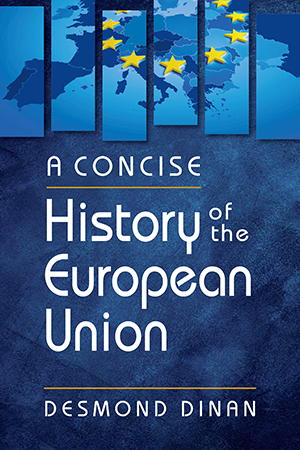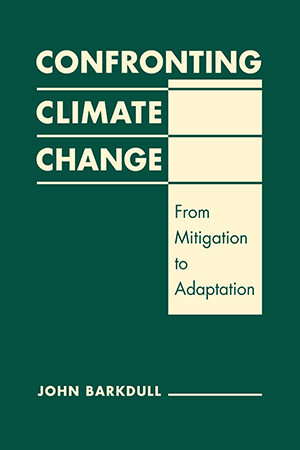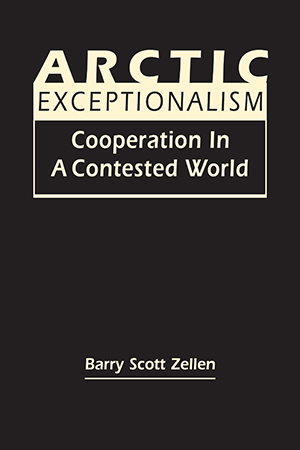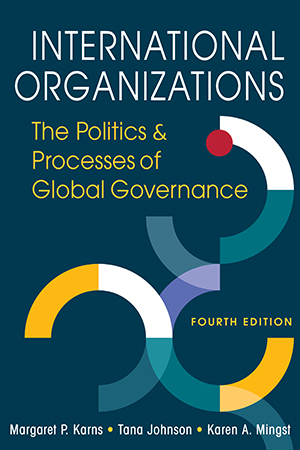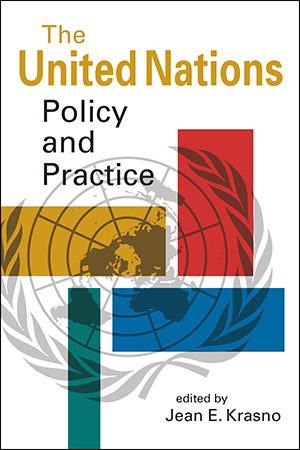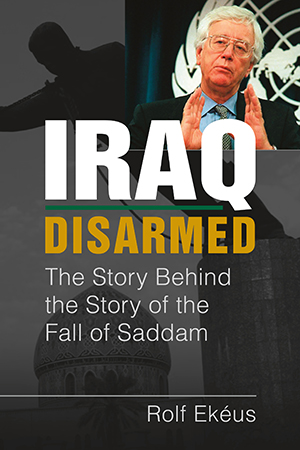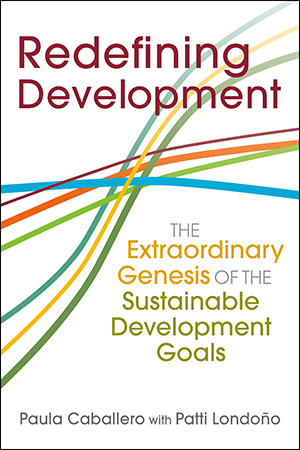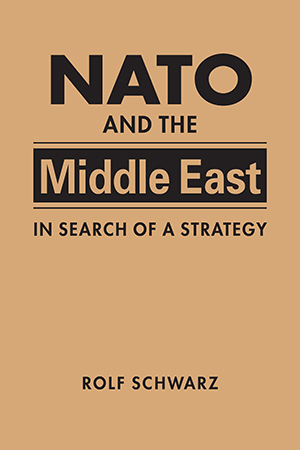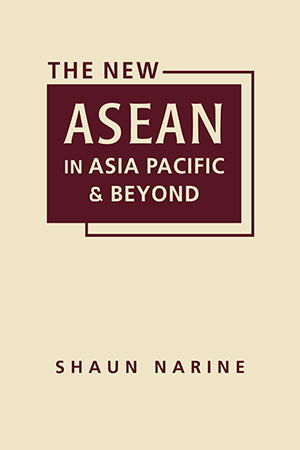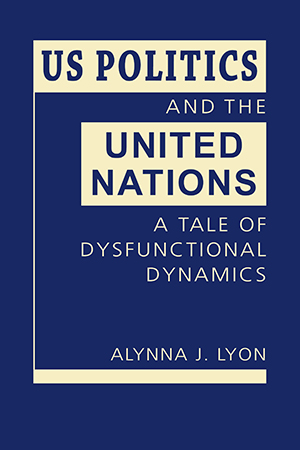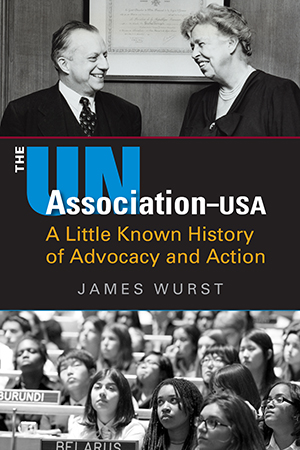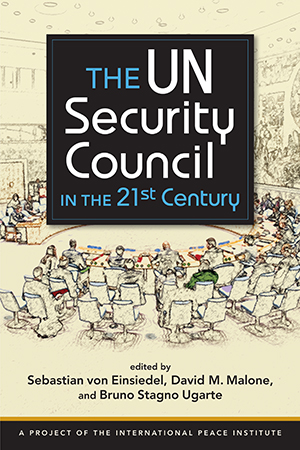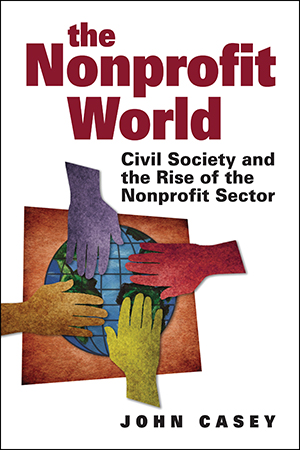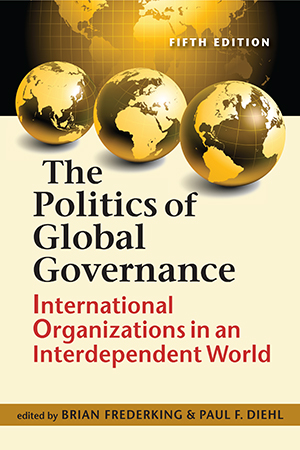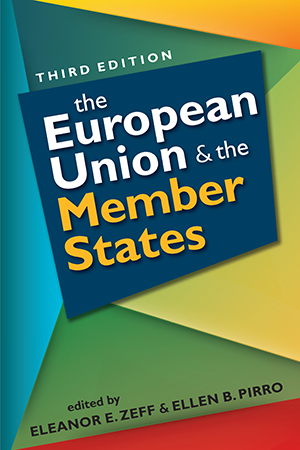International Organizations
What explains the remarkable evolution of the European Union since its emergence in the early 1990s? How has the EU coped with a series of severe shocks, ranging from the euro crisis to More >
How to cope with climate change? Observing that efforts to mitigate rising temperatures are falling disastrously short, John Barkdull argues that policy must shift toward adaptation and More >
For some three centuries, the Arctic region has been a zone of collaborative governance. The interests of diverse sovereign states, indigenous peoples, NGOs, and other stakeholders have been More >
Astounding, but true ... the newest edition of International Organizations surpasses its predecessors! The fourth edition of this award-winning text has been thoroughly revised and More >
The United Nations has a vast outreach through its many agencies, funds, and programs—but that very fact can make it difficult for "outsiders" to understand. Among the More >
"The quest to disarm Iraq took place between two wars—one justified and right, the other a dreadful mistake, a violation of international law that led to hundreds of thousands of More >
This extraordinary first-person story of what can be achieved through informal diplomacy traces the improbably successful struggle to achieve acceptance of the Sustainable Development Goals More >
Over the course of more than seven decades, NATO has sought, but not settled on, an effective strategy for interacting with its neighbors in the Middle East and North Africa. Rolf Schwarz More >
Refuting criticisms that call into question the effectiveness, and even the purpose, of ASEAN, Shaun Narine traces the organization's political and economic development and explores its More >
It is no secret that the US variously pulls away from the United Nations and embraces it as a significant venue for policy initiatives. But what explains this dramatic inconsistency? What is More >
Little known outside a small community of insiders, the United Nations Association–USA has had an impact on both the UN and the US-UN relationship far greater than its size would More >
Winner of the Friends of ACUNS Book Award! After grappling for more than two decades with the realities of the post–Cold War era, the UN Security Council must now meet the More >
John Casey explores the expanding global reach of nonprofit organizations, examining the increasingly influential role not only of prominent NGOs that work on hot-button global issues, but More >
Covering decisionmaking processes, peace and security affairs, and economic, social, and humanitarian issues, The Politics of Global Governance helps students of international organizations More >
Can the European Union survive repeated economic crises? If it survives, will it stay as it is or take on a new form? This new edition of The European Union and the Member States, fully More >



